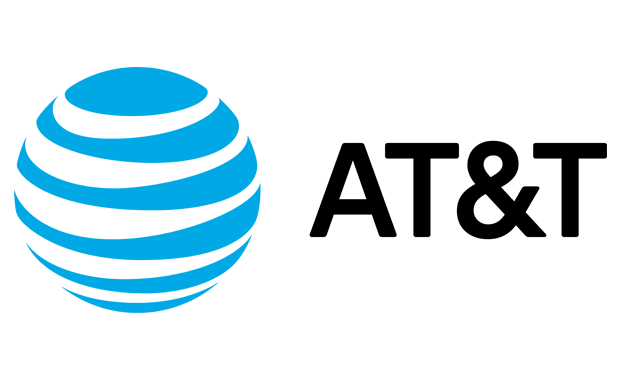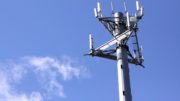Here’s some good news for small cities and towns all across the country. AT&T will now allow volunteer first responders to sign up for its FirstNet service.
What is FirstNet?
You might remember FirstNet from our story last year. It’s a dedicated cell network that will only be accessible to first responders when there is an emergency. The idea is that using FirstNet-compatible phones like the Galaxy S9, those folks can communicate with each other without worrying about cell congestion.
Unfortunately, FirstNet came about as part of the wave of violent acts taking place here in the country over the last decade. In cases like school shootings, often times different agencies are called onto the scene. They usually work separately so they all use different radios. This makes it really hard to coordinate as you would imagine. Folks on the ground started using their cell phones, only to find that lines were clogged with loved ones trying to figure out what’s going on.
The idea of FirstNet is that a special group of frequencies is allocated that regular folks are locked out of when there’s an emergency. (Technically those frequencies could be used for regular cell service on regular days.)
So what’s the news?
FirstNet started out with the best intentions. Strict controls were put in place as to who could get a FirstNet phone, who could lock out “regular folks” and how the system could be used. At the same time, AT&T took on the task of covering roughly 99.9% of the populated area of the US with FirstNet towers. It turns out the plan hit a snag.
In large parts of our country, first responders are either part-time folks or dedicated volunteers. Much of the U.S. is simply lucky enough not to need full-time firefighters, for example. The original rules for FirstNet would have locked all these part-timers and volunteers out of the system. That would make it pretty much useless in a large part of the country.
Now people who pay for their own cell plans can get onto FirstNet. All they have to do is confirm that they are actually first responders. While the AT&T article doesn’t say how you’d do that, it seems pretty obvious that a letter from city hall or from a city or country safety agency would do the trick.
Now volunteer firefighters, EMTs, community officers, and other dedicated volunteers can get access to the FirstNet network. That’s great news if you ask me.
AT&T’s commitment
AT&T was awarded the contract to develop FirstNet because of the quality and overall reliability of their existing network. In the next 12-18 months they’ll be beefing up existing cell sites. They will also be adding new ones to comply with FirstNet rules. This will close up the few “coverage holes” that exist and it should mean that many people actually get better data speeds, as existing towers are examined and upgraded.
My take
Folks, this is a win-win-win. First responders are so important and this new network gives them the communication abilities they need, when they need them. This new option, for volunteers to get on board, lets a lot of people help when help is needed. It still keeps enough control that the FirstNet network won’t become congested. AT&T benefits because they make a fair profit from a government contract, regular folks win because they get better service. What could be better than that?





